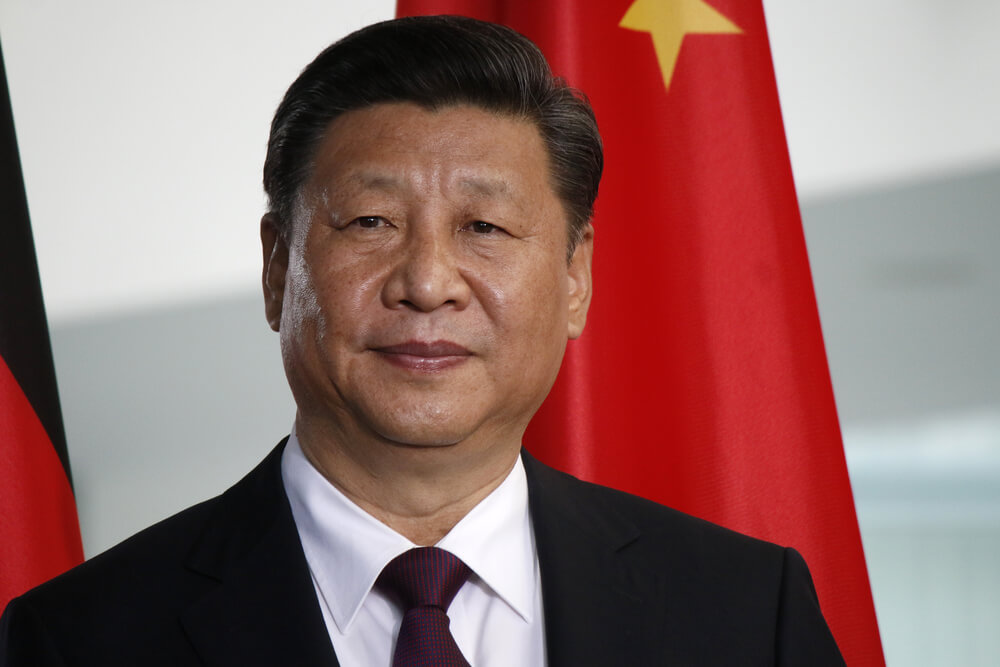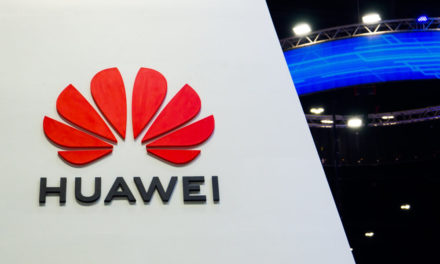Chinese President Xi Jinping was defiant in a speech Tuesday, saying “no one is in the position to dictate to the Chinese people what should and should not be done,” despite pressure from the U.S. and other countries to allow more competition.
As the trade war wages on with the United States, Xi said his country had entered a “new era” under his reign and is poised for a larger role on the world stage.
Per Bloomberg:
“What and how to reform must be based on the overarching goal of improving and developing the socialist system with Chinese characteristics,” Xi said “We will resolutely reform what should or can be changed, but will never reform what cannot be changed.”
The speech continued the measured, if defiant, tone Xi has struck amid a trade war with the U.S. that has fueled concerns about China’s slowing economy and battered capital markets. He provided little insight into how his government might assuage U.S. demands in ongoing trade talks, including calls to roll back support for state-owned enterprises and key technological industries.
In fact, Xi’s speech reaffirmed China’s pursuit of “indigenous innovation” in “core technologies.”
In arguing that China can’t be dictated to, Xi followed in the footsteps of previous leaders. Mao Zedong rejected the advice of Soviet leaders in both his strategy for winning the revolution and in his desire to pursue his Great Leap Forward industrialization campaign. Deng refused to entertain Mikhail Gorbachev’s ideas for pursuing political reform together with economic opening and rejected 1990s “shock therapy” as socialist systems were dismantled rapidly across the world.
“There is no textbook of golden rules to follow for reform and development in China, a country with over 5,000 years of civilization and more than 1.3 billion people,” Xi said.
Despite the expectations of some analysts, Xi delivered no new policy initiatives to address fears that China’s economic slowdown might worsen as the trade war continues with the U.S. Instead, he emphasized the continuation of established policies.
Leaders are expected to start their annual economic policy-meeting Wednesday at which more detailed plans may be unveiled. The gathering lays down priorities for economic policy for the coming year and last year laid out a three-year approach to winning three “critical battles.”
“We will resolutely fight an uphill battle to prevent and defuse major risks, lift people out of poverty, and prevent and control pollution,” Xi said. “China will promote trade convenience and continue to play the role of a responsible major nation.”




